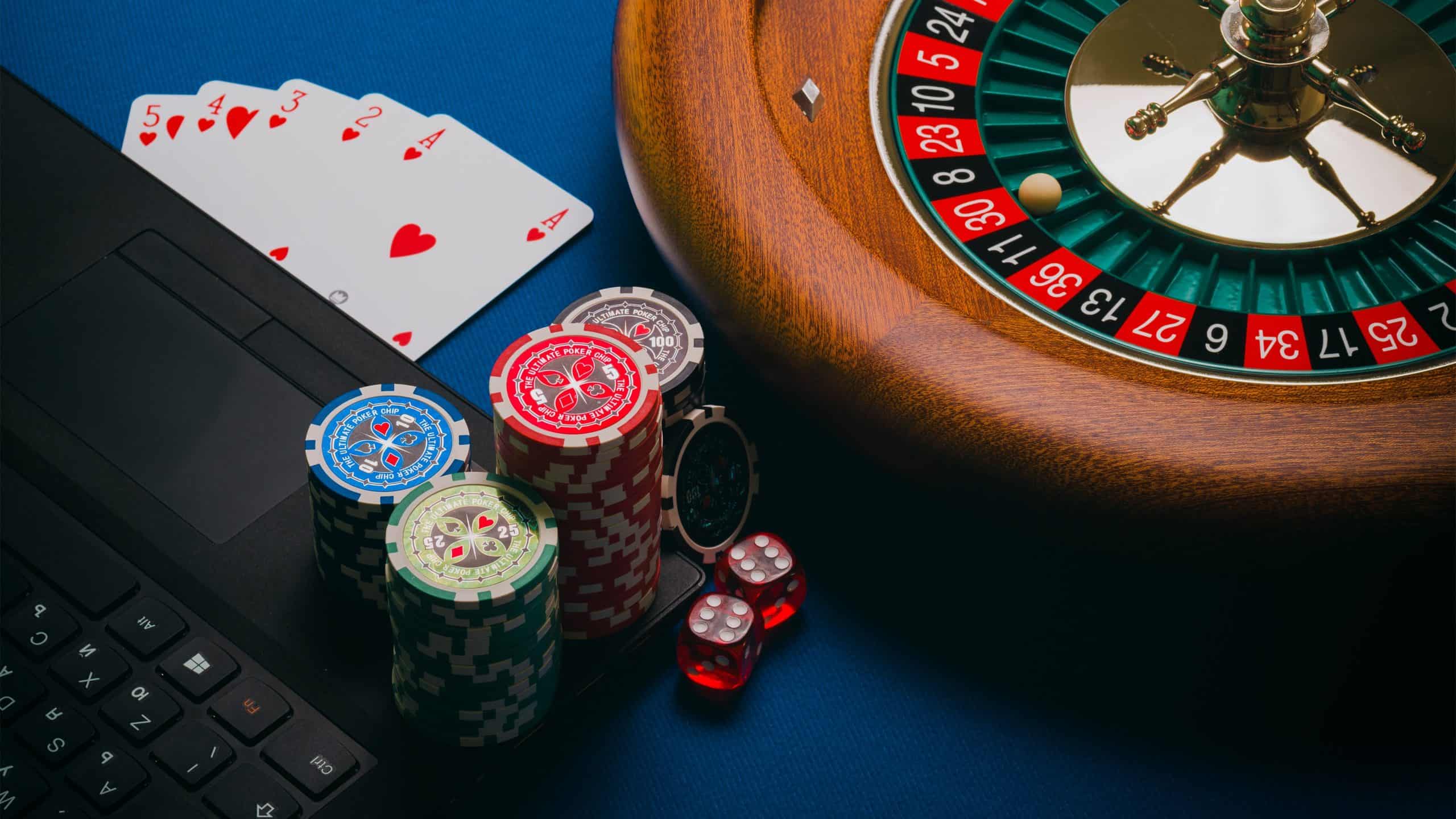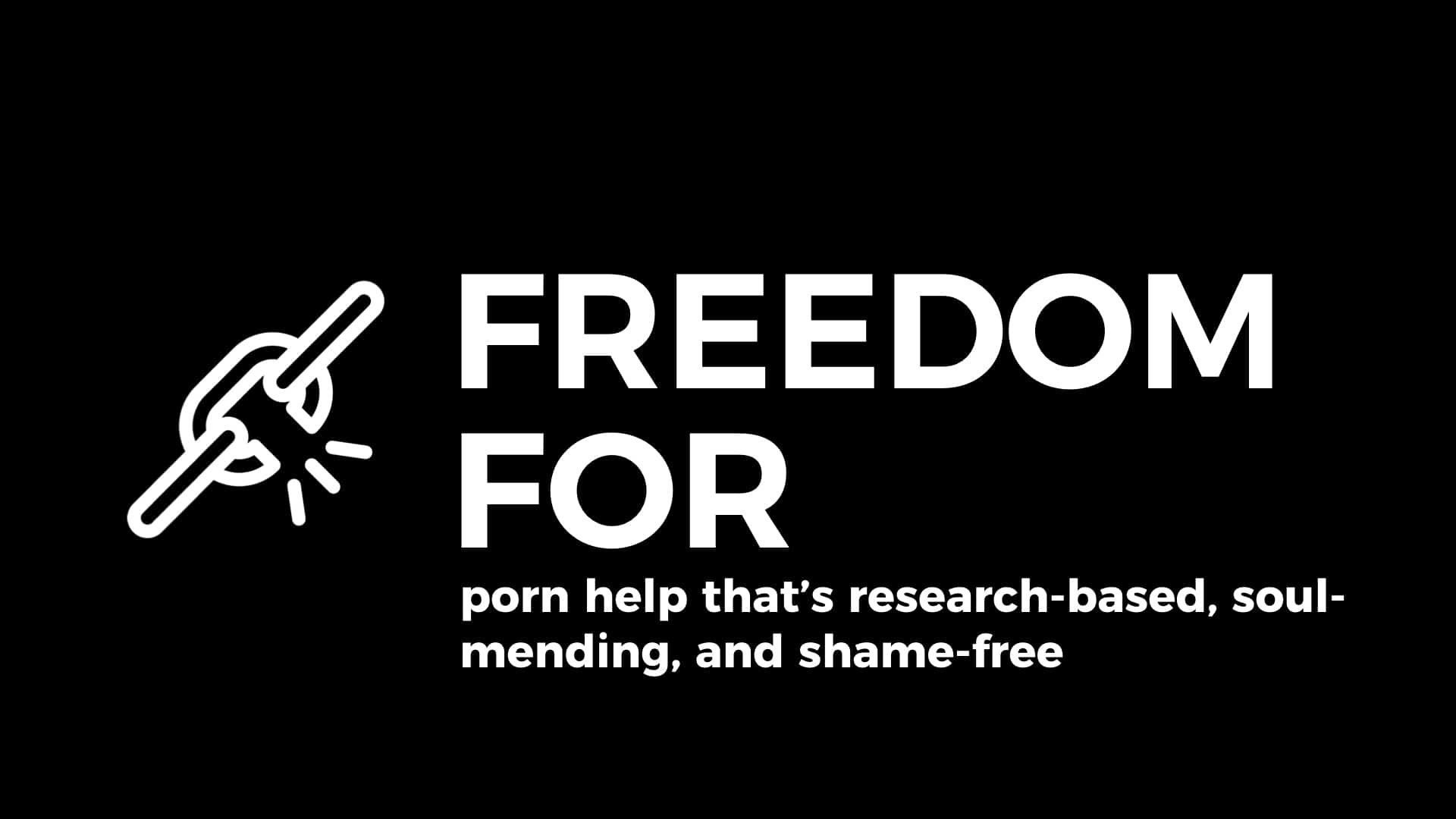Gambling Addiction
Finding Healing and Hope
Gambling addiction is often called the “hidden illness” because its signs are not always obvious to others. Unlike substance use, which may leave visible clues, this struggle can quietly grow beneath the surface while creating severe financial, emotional, and relational damage.
At its core, gambling addiction is more than just a bad habit. It is a behavioral health disorder that changes the way the brain responds to risk, reward, and impulse control. People may feel a rush when they win and an overwhelming drive to keep playing even after losing. This cycle can lead to shame, secrecy, and a growing sense of being trapped.
Common Signs and Symptoms
Recognizing the signs of addiction is an important first step toward recovery. Some common warning signals include:
- Spending more money and time on gambling than intended
- Hiding gambling activities from family or friends
- Chasing losses by continuing to gamble after setbacks
- Strained relationships due to financial or emotional stress
- Lying about money or borrowing to cover gambling debts
- Feeling restless, anxious, or irritable when unable to gamble
If you or someone you love is experiencing these symptoms, it may be time to seek support.
Why Gambling Addiction Happens
Gambling addiction can develop for many reasons. For some, it begins as a form of entertainment that slowly escalates. Others may use gambling as a way to escape stress, depression, anxiety, or other life pressures. Research shows that gambling can stimulate the brain’s reward system much like drugs or alcohol, making it difficult to stop once the cycle begins.
Genetics, environment, and life experiences can all play a role. But no matter how it begins, this struggle is treatable, and recovery is possible.
The Impact
The effects of gambling addiction can ripple across every part of life:
- Financial strain from lost savings, mounting debt, or even legal trouble
- Relationship conflict with spouses, children, or friends who feel betrayed
- Work and career challenges due to distraction, absenteeism, or poor performance
- Emotional distress including shame, guilt, anxiety, and depression
Many people with also face thoughts of hopelessness or despair. The weight of secrecy and financial stress can feel overwhelming. But seeking help can break this cycle and lead to healing.
Counseling for Recovery
Professional counseling offers a safe and confidential space to face gambling addiction with honesty and courage. At Pat Ward Counseling, we focus on:
- Identifying triggers that fuel gambling urges
- Strengthening coping skills to manage stress and cravings in healthier ways
- Repairing relationships damaged by addiction and rebuilding trust
- Developing practical financial strategies to regain stability
- Cultivating long-term support systems so recovery is sustainable
Therapy can be life-changing because it replaces isolation with support, shame with compassion, and destructive patterns with hope for the future.
Taking the First Step
If you are struggling with gambling addiction, you are not alone. Many individuals and families in Mississippi have walked this road and found healing through counseling and support. Reaching out for help does not mean you are weak—it means you are ready for change. Together, we can confront the challenges of gambling addiction and create a path forward toward freedom, health, and peace.
Call or Text
662-709-7714




